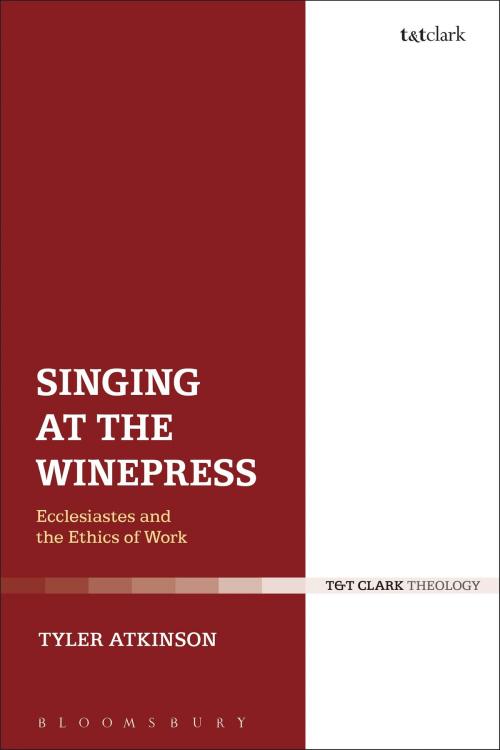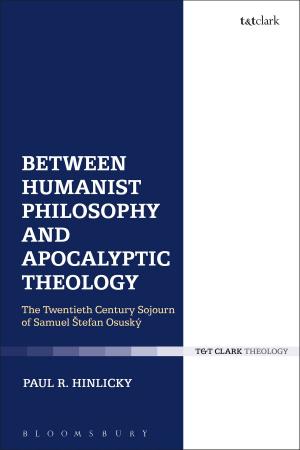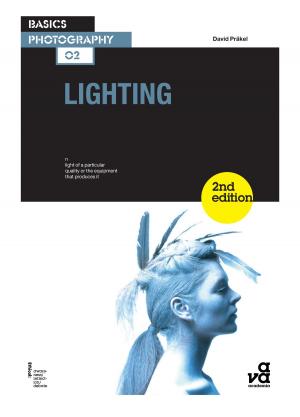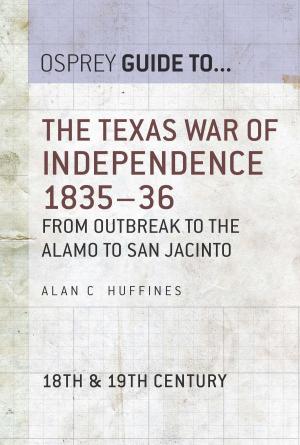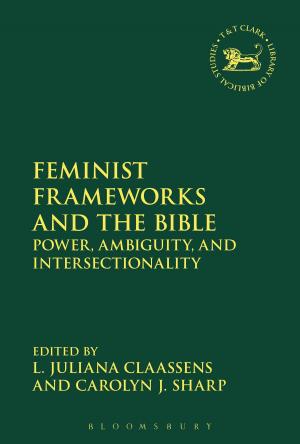Singing at the Winepress
Ecclesiastes and the Ethics of Work
Nonfiction, Religion & Spirituality, Theology, Christianity| Author: | Tyler Atkinson | ISBN: | 9780567659934 |
| Publisher: | Bloomsbury Publishing | Publication: | April 23, 2015 |
| Imprint: | T&T Clark | Language: | English |
| Author: | Tyler Atkinson |
| ISBN: | 9780567659934 |
| Publisher: | Bloomsbury Publishing |
| Publication: | April 23, 2015 |
| Imprint: | T&T Clark |
| Language: | English |
Atkinson uses Qoheleth's work ethic to provide an analysis of Ecclesiastes, utilising the writings of St Bonaventure and Martin Luther. Reading Ecclesiastes within a penitential framework, Bonaventure offers a version of the contemptus mundi tradition that is rooted in his metaphysics. His commentary is ethically significant for the way he detects the vice of curiousity precipitating a perceptual rupture wherein vanity comes to signify sin and guilt. Luther, on the other hand, interprets Solomon as a wise economic-political administrator who preaches the good news of God's involvement in quotidian existence. This understanding enables Luther to read Ecclesiastes eschatologically, with labour being seen as a locus of divine activity.
One may thus read Solomon's refrain as an invitation to labour with the expectation of receiving God's gifts in the present. Finally, Atkinson suggests that Ecclesiastes enhances current conversations regarding the theology and ethics of work by working the doctrinal foci of protology and eschatology through Christology. The presence of the Word, then, can be found now only in the preaching and sacraments of the church, but also in the labour of the worker.
Atkinson uses Qoheleth's work ethic to provide an analysis of Ecclesiastes, utilising the writings of St Bonaventure and Martin Luther. Reading Ecclesiastes within a penitential framework, Bonaventure offers a version of the contemptus mundi tradition that is rooted in his metaphysics. His commentary is ethically significant for the way he detects the vice of curiousity precipitating a perceptual rupture wherein vanity comes to signify sin and guilt. Luther, on the other hand, interprets Solomon as a wise economic-political administrator who preaches the good news of God's involvement in quotidian existence. This understanding enables Luther to read Ecclesiastes eschatologically, with labour being seen as a locus of divine activity.
One may thus read Solomon's refrain as an invitation to labour with the expectation of receiving God's gifts in the present. Finally, Atkinson suggests that Ecclesiastes enhances current conversations regarding the theology and ethics of work by working the doctrinal foci of protology and eschatology through Christology. The presence of the Word, then, can be found now only in the preaching and sacraments of the church, but also in the labour of the worker.
